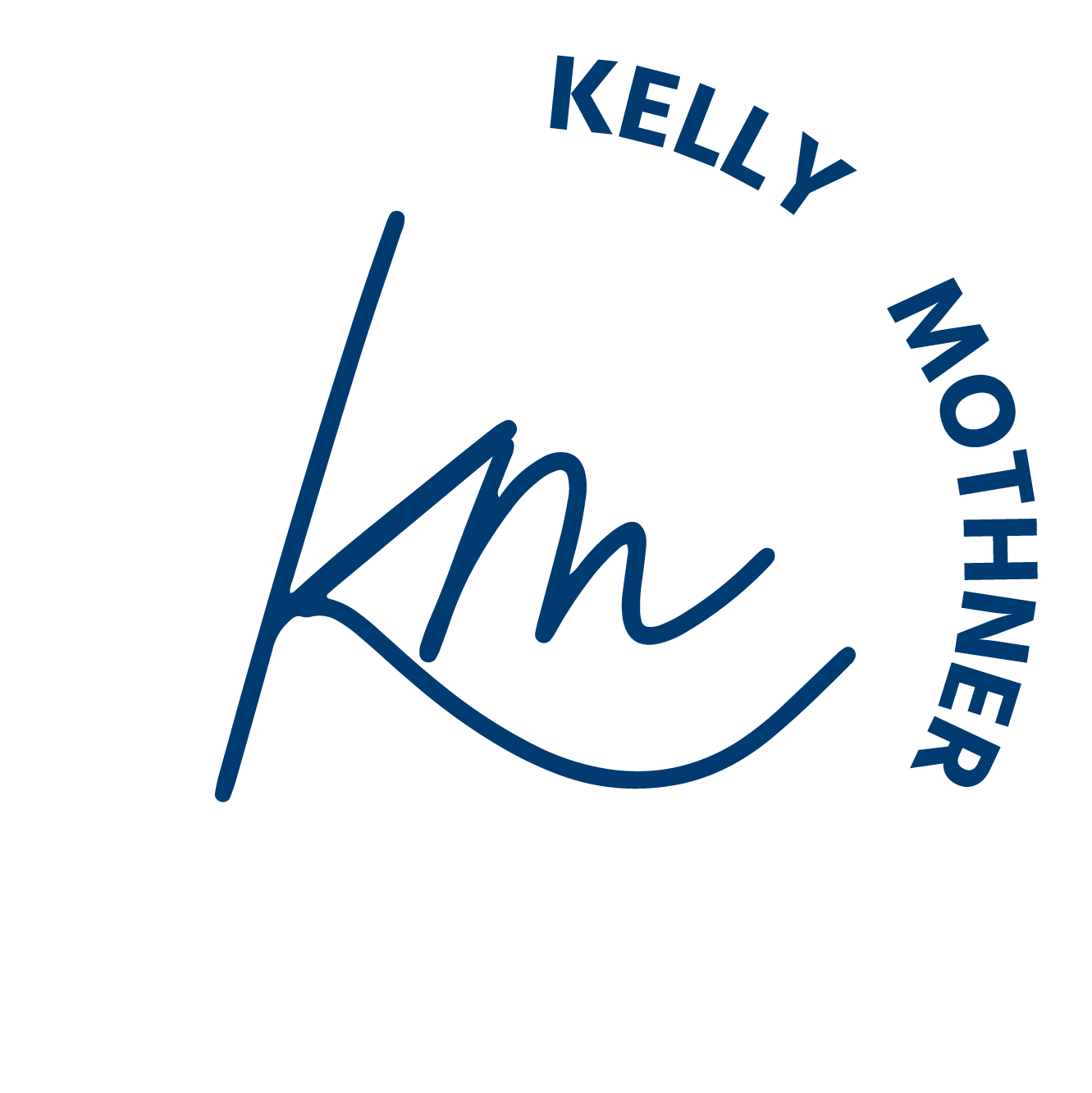Postpartum Depression
For some, the arrival of their new bundle of joy may not always be joyful. According to the Centers for Disease Control and Prevention, an average of 15% of women in the US who give birth each year suffer from postpartum depression, and only 15% of these women seek professional treatment. As a therapist in the Manhattan Beach area, many of my female clients have struggled with postpartum depression and its accompanying symptoms. Postpartum depression will not go away on its own, and it can occur days or even months after having your baby. If you believe that you may be suffering from postpartum blues or postpartum depression, it’s important for you to seek treatment today. Visit your local counselor in Hermosa Beach, CA, to get the support you need.
What Is Postpartum Depression?
Being a new parent can be exhausting, overwhelming, and stressful, which can make it difficult to determine if you are suffering from postpartum depression or not. One helpful way to assess your condition is if you are experiencing strong negative emotions that are preventing you from performing basic daily tasks, then you could be suffering from postpartum depression. Postpartum depression can occur during and after your pregnancy, and sometimes months after you’ve given birth. It can also affect women who have had miscarriages as well. Symptoms of postpartum depression can last up to a year, and can be very serious. Yet, unlike depression that is unrelated to pregnancy, postpartum depression is caused as a result of hormonal changes that occur after childbirth, and occasionally during pregnancy. In my Hermosa Beach practice we are determined to help you get the treatment you need. Receiving proper treatment can make a huge difference for you, your family, and your baby.
Symptoms of Postpartum Depression
Warning signs of postpartum depression are different for everyone. You may have postpartum depression if you have had a baby in the past 12 months and are experiencing several of the following symptoms on a frequent basis:
- Feelings of extreme sadness or hopelessness
- Frequent or uncontrollable crying
- A change in appetite; eating too much or not enough
- No interest or enjoyment in previously loved hobbies or activities
- Overwhelming feelings of guilt or worthlessness
- Avoiding family and friends
- Difficulty feeling close to your baby, or bonding
- Fear or thoughts of not being a good mother
- Thoughts of anger or hurting your baby
- Uninterest or inability to care for your baby
- Change in sleeping habits; sleeping too much or too little
- Severe mood swings such as irrational anger or sadness, anxiety, or panic attacks
- Inability to concentrate or make decisions
- Exhaustion
- Thoughts or attempts of suicide
Many other factors can contribute to or cause postpartum depression, such as stress, drugs, alcohol, problems with your pregnancy, and even low self esteem. It is also possible to suffer from postpartum blues following the birth of a baby. It is similar to postpartum depression but the symptoms are not quite as severe or pervasive. Similarly, however, therapy can be very helpful when dealing with postpartum blues.
How to Treat Postpartum Depression
Although the causes of postpartum depression may vary from clinical depression, the treatments are very similar. If you feel that you may have postpartum depression, seek help from a licensed counselor, therapist, or any other licensed mental health provider. If your symptoms are mild, you might find the following suggestions helpful:
- Speak with others and communicate openly with friends and family
- Ask friends and family for help in caring for your child
- Join a support group for mothers
- Sleep as much as you can
- Exercise when your health care provider says it’s ok
- Remove unnecessary stress from your life
- Try various types of therapy, such as talk therapy, psychotherapy, couples therapy, etc.
- Antidepresants
Antidepressants are safe to take while breastfeeding, and many side effects will dissipate after a few weeks. Talk to one of our Manhattan Beach therapists to determine which treatment is best for you.
Contact Your Hermosa Beach and Manhattan Beach Therapist Today
Don’t face postpartum depression alone; contact one of our counselors in Hermosa Beach, CA to help you get the treatment you need. It’s important to remember that postpartum depression is a medical condition. It is not your fault that you feel the way you do. Our Manhattan Beach therapists want to work with you to help you reclaim your sense of well being, as well as your identity both as a woman and as a new mother. If you feel that you are suffering from postpartum depression, please don’t hesitate to call me at 310-892-2572 or contact me online so that we can begin the healing process today.


